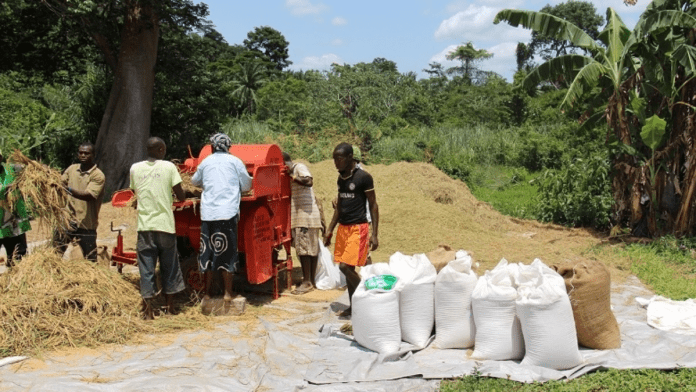News in brief: Liberia has stepped up efforts to enhance its agricultural data for better national data coherence, completing the second phase of its strategy.
Liberia has intensified efforts to enhance its agricultural and statistical databases in a bid to ensure national data coherence. This was revealed during an event marking the completion of the second phase of the country’s Global Strategy to Improve Agricultural and Rural Statistics (GSARS-II).
The initiative aims to integrate agriculture into the National Statistical System and is a collaborative effort between the United Nations’ Food and Agriculture Organization (FAO) and the Liberian government.
According to Aagon Yoko, the focal person for the country’s strategic plan for agriculture and rural statistics (SPARS) at the Ministry of Agriculture, this initiative is critical for addressing data gap issues. He stated that the project will play a major role in helping the country make crucial national development decisions in the agriculture sector.
Yoko explained that with the current phase complete, Liberia now has a roadmap for addressing its data deficiencies. The next phase will assess the National Agricultural Statistical System, followed by the planning phase which will create a National Plan of Action to implement Liberia-SPARS.
Emmanuel Kapee, FAO’s representative in the country, noted that this development comes at the right time, as the government is planning to conduct a national agricultural census tentatively scheduled for November. Collaboration with FAO, the International Fund for Agricultural Development (IFAD), and the World Bank is planned for this exercise.
To emphasize the importance of gathering agricultural data in the country, Kapee reiterated the value of rural smallholder farmers in improving the agricultural chain.
Ementary Kpoeh, Acting Deputy Director for Statistics at the Liberia Institute for Statistics and Geo-information Services (LISGIS), expressed concern about data gaps and readiness to collaborate with the Ministry of Agriculture and other stakeholders to address these gaps.
Representatives from the Ministry of Agriculture, Central Agriculture Research Institute, Forestry Development Authority, Liberia Agricultural Commodity Regulatory Authority, National Fisheries and Aquaculture Authority, and Cooperative Development Agency were also present at the event.



